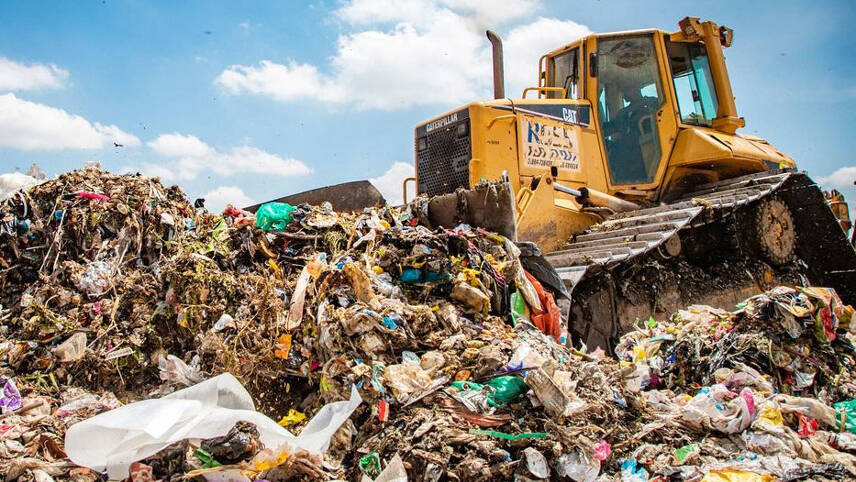Register for free and continue reading
Join our growing army of changemakers and get unlimited access to our premium content

Companies now use 8.4% more plastic than they did half a decade ago.
INC-3 discussions, hosted last week at the UN Environment Programme in Nairobi, were held in the hopes of fleshing out a first draft of the Plastics Treaty published in September.
Observers including Greenpeace have stated that a handful of nations with strong petrochemical interests stalled progress at INC-3 by advocating for weak agreements and rowing over the specific wording on operationalising the Treaty.
INC-3 closed without an agreement on how to scale back virgin plastics production. The first draft proposed three potential options: a global target for reduction applied to all nations; a global target with nationally determined contributions; or leaving targets up to individual nations.
Petrostates pushed for the latter approach, NGOs have stated. But these nations were ultimately blocked from locking this into the Treaty by the 60+ members of the High Ambition Coalition, including several of Europe’s biggest economies.
WWF reported that “the majority of representatives had the best intentions and worked to find commonalities among diverse global perspectives”. The NGO said many other nations and regions in Asia, the Pacific and Latin America had been pushing for a strong agreement here, as they are bearing the brunt of the global plastic pollution challenge.
In total, some 140 nations want binding rules rather than voluntary targets.
Greenpeace USA’s global plastics campaign lead Graham Forbes said: “Governments are allowing fossil fuel interests to drive the negotiations towards a treaty that will absolutely, without question, make the plastic problem worse and accelerate runaway climate change.
“We need to find a way forward without oil and gas producers dictating the terms of our survival.
“We have one year to turn this around and to ensure that we are celebrating our collective success instead of dooming ourselves to a dark and dangerous future. This failure must be a wake-up call for governments representing the billions of people on this planet who are affected by plastic pollution.
An uncertain path
Squabbles were also observed around whether the Treaty should require bans and phase-outs on plastics considered the most harmful and easily avoidable. Around 100 nations are in support of this approach, meaning more than 50 are either opposed or undecided.
Another point of contention is how nations should continue working together until the next official round of talks, to be hosted in Canada next spring. There is, at present, no agreed programme of intersessional work.
Environmental Investigation Agency campaigner Jacon Kean-Hammerson said: “With only two INCs left and little over a year to finalise the Treaty, the path towards a strong final agreement looks treacherous. These negotiations ended with more questions than answers about how we can bridge the political divide and craft a Treaty that stimulates positive change.”
WWF US’s head of plastic waste and business Erin Simon added: “With just over a year to deliver on our promise of a future free from plastic pollution, countries must stand strong and bring collective action to reject the tactics to block the treaty process. It’s time to muster the political will to course correct and solve this crisis before it’s too late.”
The UN is aiming to have a finalised version of the Treaty ratified by the end of 2024.
INC meeting chair Gustavo Adolfo Meza-Cuadra Velasquez has stated that “much remains to be done both in narrowing down our differences and in developing technical work to inform our negotiations”.


Turn waste plastics into a wanted commodity, pyrolyse it into hydrogen and charcoal as a number of companies are now working towards, eg. Two examples:- Boson Energy and National H2, look them up on the web.